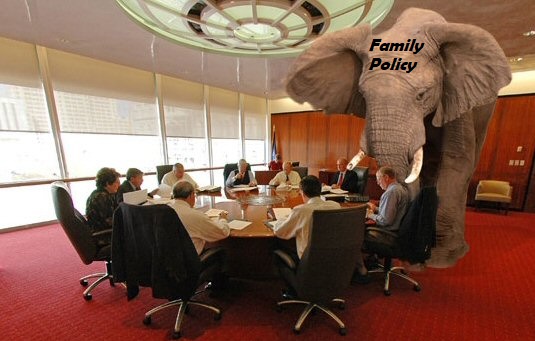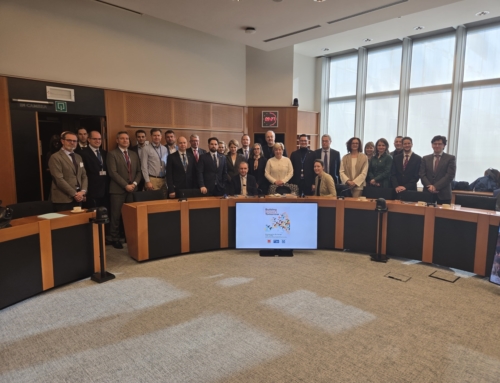On 11 September 2017 a public hearing on the ‘Impact of the social dimension and the European Pillar of Social Rights on the Future of the European Union’ was organised by the European Economic and Social Committee (EESC) in Brussels. All the speakers agreed that a strong and substantial social dimension is important for the EU’s future.
The hearing was based on the Reflection Paper on the social dimension of Europe published by the European Commission in April 2017 and the proposal for an Interinstitutional Proclamation endorsing the European Pillar of Social Rights (EPSR).
The discussion concerned various issues covered by the social pillar, such as wage adequacy, the situation of atypical and precarious workers, collective bargaining, worker mobility or social protection and security. The speakers also included representatives from the Estonian Presidency of the EU, as well as the forthcoming Bulgarian Presidency.
The rapporteur of the EESC, Gabriele Bischoff emphasised the importance for the EU to find a new consensus on how to approach the need to strengthen the social dimension. Ms Bischoff explained that the people should be put first. She used the illustration of a house with its roof representing “a good balance between economic and social policies – which is currently missing”. We agree and believe the new social pillar is an opportunity to do more for a more social Europe.
Frank Vandenbroucke, professor at the University of Amsterdam welcomed the initiative of European Pillar of Social Rights and suggested that it “should be translated into an agenda linked with financial instruments“.
“Both the monetary union and the single market need a social dimension as a kind of a functional necessity”. He expressed the view that a social dimension of the European Monetary Union is represented by the stabilisation capacity of Eurozone countries in times of crisis, which requires an appropriate unemployment insurance in every Member State.
“It is true that reflection on the monetary union has shifted the focus of attention to problems of insurance rather than investment. This is understandable, but we want resilient welfare states, with resilient insurance structures that protect people but also invest into people’s capacities“. He also argued against total decentralisation of collective bargaining and in favour of transparent, universal and predictable national minimum wage regimes.
FAFCE welcomes the speakers’ prominence to agree on strong mechanisms to implement the European Pillar of Social Rights while understanding the concerns of employers’ associations who warned about conflicts between the pillar and national labour rules with Member States facing different challenges on their labour markets.
The Co-rapporteur of the EESC, Jukka Ahtela, proposed to look for an added value, instead of trying to change rules in Member States. “It would be useful to have a common understanding of important issues and priorities; about social security issues but also about skills and the future of work“, he concluded.
FAFCE welcomed the contribution of Mr Maxime Cerutti of Business Europe’s that “the cooperation should mainly be around facilitating, not really about harmonising”, This means the Commission’s role is to provide information, incentives and know-how to Member States and social partners so as to equip them to properly address labour market challenges “in a way that is understandable and acceptable to their societies”. At the same time, FAFCE notices with regret that the issue of family policy is not taken into consideration, although the family, as the basic cell of society, is the element which makes the society resilient. FAFCE is working on a policy paper to describe the current situation of family policy in Europe, to make clear that without family policy any social policy will be weakened.







